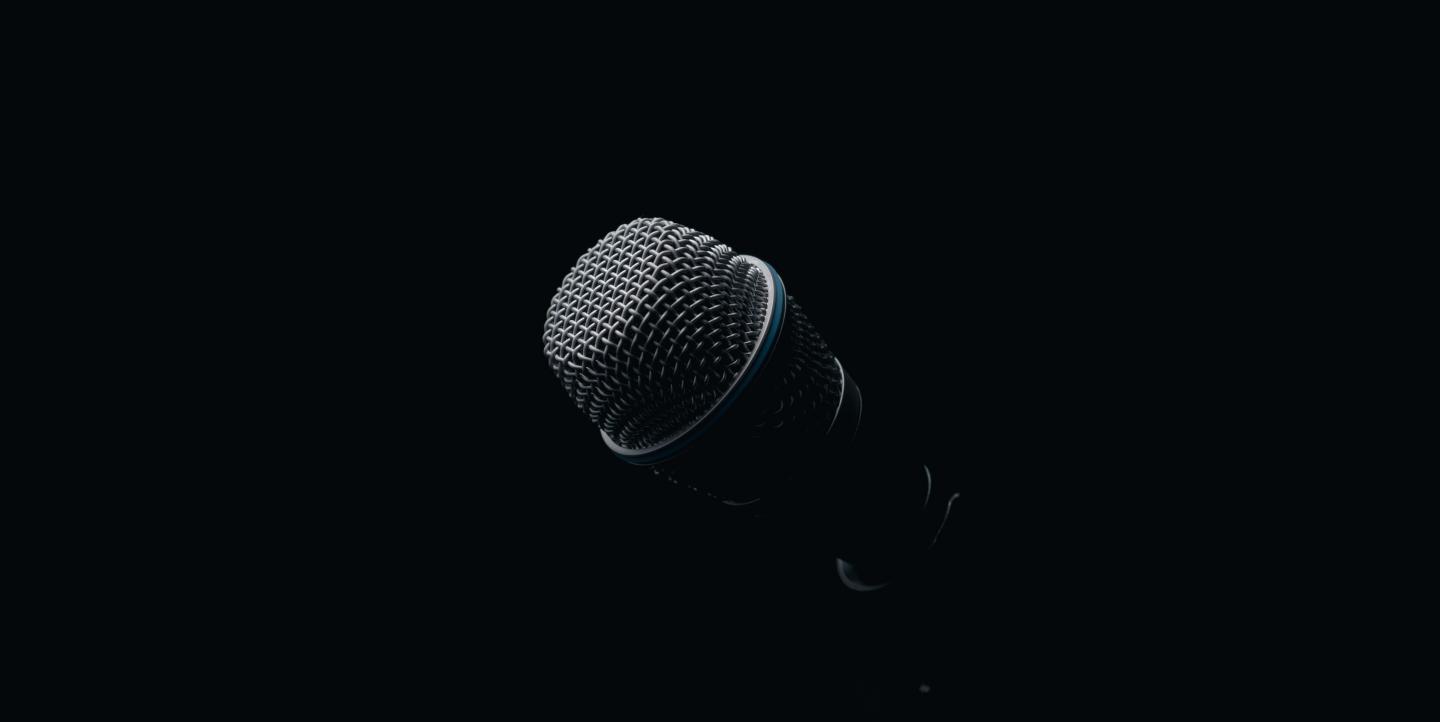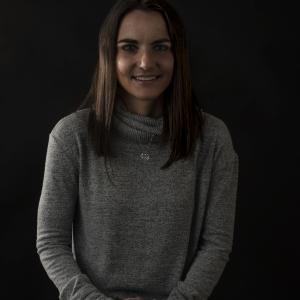There are nearly 26 million refugees in the world fleeing war, violence and persecution, according to the United Nations Refugee Agency. Refugees face some of the most debilitating and traumatizing situations, which can include lack of access to food, separation from family and uncertainty about the future and their livelihoods. Research suggests that refugees may experience intimate partner violence at greater rates due to a disruption of social structures and a lack of support systems and economic opportunities.
Researchers from Harvard University schools and partners, including Addis Ababa University, Women and Health Alliance Ethiopia and Fondation Hirondelle, are turning to podcasts in humanitarian settings to help prevent and reduce intimate partner violence (IPV). It’s part of the program Unite for a Better Life, which began in 2014 as an in-person intervention program designed for a rural community in Ethiopia. The program uses participatory approaches to stimulate dialogue on crucial issues that affect communities, and to build skills to support healthy relationships and families. It was then adapted for a humanitarian and refugee context in the country after researchers saw the opportunity to use the program as a possible solution to an urgent need.
Most recently, the team behind Unite for a Better Life added digital content to the program as a series of podcasts. The program’s creators — Dr. Vandana Sharma and Dr. Jennifer Scott — collaborated with refugees to make the series based on the goals of the original program design.
[Read more: Resources for covering migration and refugees]
The researchers say they chose a podcast series because it could potentially reach more individuals with up-to-date, evidence-based information in a humanitarian setting than traditional, in-person programming. In refugee camps in the Dollo Ado area of Ethiopia where the series was developed, internet and mobile phone networks can be disrupted, and therefore podcasts — MP3 files that can be shared via bluetooth — present a low-cost solution that doesn’t depend on connectivity.
The 16-episode series discusses different scenarios, identifies healthy and unhealthy behaviors in relationships and introduces strategies to intervene with a bystander, among other things. Each podcast includes music, an introduction to the episode topic, skits with couples role-playing the session’s learning objectives, interviews to seek public opinions, and recorded discussion panels. The episode concludes with a review of the key messages and activities to practice at home.
Researchers piloted the series in the camps throughout 2019, and found that the series was well-received. The pilot reached nearly 200 households, and selected community members were invited to attend listening centers. Close to 90% of men and women reported that they had changed their behavior as a result of what they had learned, including in how they communicate with their partner. Many participants shared their new knowledge with others in the camp who had not participated in the program, which suggests that the program could lead to changes beyond the direct participants, the researchers said.
[Read more: Jordanian podcast network revives storytelling tradition, with no taboos]
IJNet spoke to researchers Sharma and Scott to get their insights into designing, recording and disseminating a podcast series in a humanitarian setting.
IJNet: How did you develop this idea for the podcast portion of Unite for a Better Life?
Sharma: What’s unique about this particular project using podcasts is its participatory and human-centered approach that actually empowers individuals to create solutions to improve their own lives and communities. Typically, programs that address intimate partner violence tend to involve in-person participatory educational sessions. But in humanitarian settings, where populations are mobile, a lengthy in-person intervention may not be feasible and so innovation is needed. Our team believes that an approach such as the podcast series could have a greater reach, as people could download the podcast episodes and share them person to person. In a humanitarian context, this means we could reach many people very quickly.
The refugee community worked on the podcasts. Why was that important?
Sharma: We had women and men living in the refugee camp in Dollo Ado, Ethiopia involved in the design, production and dissemination of the podcasts. Refugee community members worked alongside our team. They were trained in digital storytelling, and were mentored during the creation of the podcasts. It was really important to engage the refugee community members to create the podcasts themselves to ensure that the content is culturally relevant, context appropriate and includes messaging that they believe can transform gender norms and behaviors within their own communities.
What was the most challenging part of the project overall?
Sharma: Many aspects of the project were challenging. I think the biggest challenge was designing and implementing a program along with research in this specific setting. The refugee camps are in a very remote location. It’s very difficult to access, and there have been security issues. We were certainly concerned that creating the podcasts might be difficult given that resources are limited in this setting. For example, there are no sound studios to produce professional-level audio. But our team was very resourceful and able to come up with on-the-ground solutions that produced high-quality content.
The studio was created in an office space in a community-based organization in the camp. The camp is a remote community near the Ethiopia-Somalia border. Each podcaster had a recording kit, which consisted of a recorder, headphones and a microphone. All of these could be used without electricity as most buildings — including the office space — did not have electricity. Sound-proofing was a major issue since it was the windy season, and the metal roof of the office creates a lot of noise. There were other outside noises that interfered with the sound recording as well. The team was resourceful and purchased some mattresses from the local market to line the walls and create a sound-proof area to record the content.
You brought in a trained podcast specialist to teach the podcasters from the refugee community. Why was that important to the program?
Scott: The podcast project builds on the Somali tradition of oral storytelling and listening. A regionally-based podcast specialist provided expertise in digital storytelling. Working with a team of men and women from the camp, she helped them develop skills on recording content, editing and producing podcasts. She then mentored them to successfully produce the podcast series, which many of the podcasters described as an empowering and transformative process.
The podcast specialist position was posted in the camp and interested men and women from the refugee community were interviewed as potential candidates. None had previous podcasting, radio or other communication expertise. Many of the selected men and women had previously worked on gender-related programming, and thus had a good understanding of the content area.
The men and women received financial compensation for their work. At the completion of the podcast training, they were provided with certificates documenting the type of training that they had completed. Learning skills in interviewing, podcast recording, distribution and engagement with the project team was reported to be a meaningful and empowering experience for the podcasters.
Kristi Eaton is a freelance journalist in Tulsa, Oklahoma. She is taking part in the Tulsa Artist Fellowship where she examines criminal justice reform as well as refugees and immigration.


